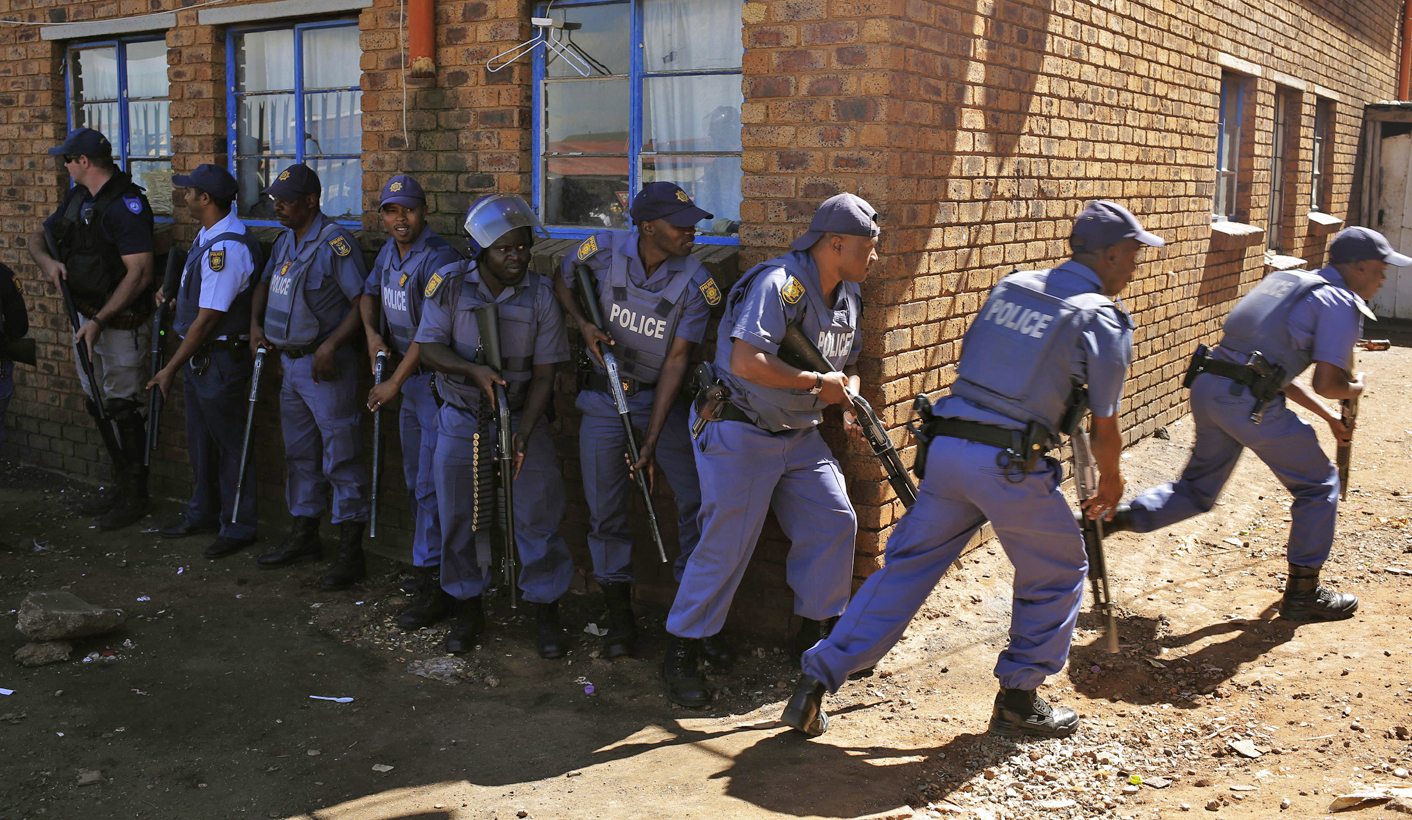The Zimbabwe Community in South Africa will in May host Churches Convention against Crime as part of the organisation’s drive to continue combating crime in Africa’s most industrialised and second largest economy.
Last month, the organisation held its first anti-crime summit at Hillbrow.
Chairman of the Zimbabwe Community in South Africa, Ngqabutho Nicholas Mabhena told CITE that statistics of crime were unpleasant, something that motivated them to focus on more anti-crime drives.
“We held our post anti-crime summit meeting last week Saturday, where a community committee was set up to work with the Community Policing Forum (CPF) and the South African Police Service (SAPS). We have planned programmes such as the Diepsloot Anti-crime Roadshow and the Churches Convention against Crime that will be held on May 9, 2020 under the theme: “Heal the land – Building Crime Free Environments in our Communities.”
“Then on Africa Day, which is May 25, 2020 we will have another event under the theme: “Building a better Africa and a better world,” he said.
Mabhena said the Zimbabwe Community in South Africa had proposed a Churches Convention Against Crime considering church leaders are moral guardians of society.
“We want church leaders to speak out, preach and pray for the nation against this scourge. We note the importance of church leaders and their ability for a continual programme against crime by consistently sending out messages against crime.”
Chairman of the Zimbabwe Community in South Africa, Ngqabutho Nicholas Mabhena.
“We therefore call on all church leaders from various religions to congregate and support this convention. The convention aims to fuse short sermons, speeches with musical performances.”
Meanwhile, the organisation’s spokesperson, Bongani Mazwi Mkwananzi, shared some crime statistics compiled by the Governance, Public Safety and Justice Survey (GPSJS) for the year 2018 to 2019.
The GPSJS 2018/19 was conducted by Statistics South Africa (Stats SA) from April 2018 to March 2019.
“According to thr GPSJS, there were about 260 000 incidences of home robberies. The most common weapons used in home robbery were guns (54 percent) and knives (47 percent). Around 60 percent of households reported one or more incidences of home robbery to the police. The number of households that reported incidences of home robbery is about 120 000.”
Spokesperson of the Zimbabwe Community in South Africa, Bongani Mazwi Mkwananzi.
“There were an estimated 83 000 incidences of theft of motor vehicles in 2018 to 2019. An estimated 12 000 murders were committed in 2018 to 2019. According to SAPS data, there were 32 000 murders during the same period.”
Mkwananzi said the main reason for the huge gap between GPSJS estimates of murder and SAPS statistics is GPSJS estimates are based on murders known to households while SAPS handles murder cases that may not be known to households such as murders of homeless people, immigrants, temporary visitors and gang-related murders.
“There were roughly 32 000 incidences of hijacking of motor vehicles in 2018 to 2019. This includes hijacking of trucks. About 0,08 percent of individuals aged 16 and older were hijacked. Approximately 85 percent of all hijackings were reported to the police,” added Mkwananzi.
“The estimated number of hijackings reported to the police was 28 000. In 2018 to 2019 there were about 1.2 million incidences of theft of personal property. There were about 580 000 incidences of street robbery in 2018 to 2019.
“The weapons most commonly used for street robbery were knives (62 percent) and guns (37 percent). The perception of safety by people who live in South Africa is vital. About 45 percent of people in metros felt unsafe at night compared to urban (42 percent) and rural people (39 percent.”
Last month’s anti-crime summit was attended by the South African Communist Party (SACP), the African Diaspora Forum, the Office of the Gauteng Police Commissioner, the Zimbabwean Embassy, traditional leaders and Zimbabwean political parties.
Other speakers included church leaders from local churches and Migrant Workers Union of South Africa (MWASA) as well as community members in their own capacities.

